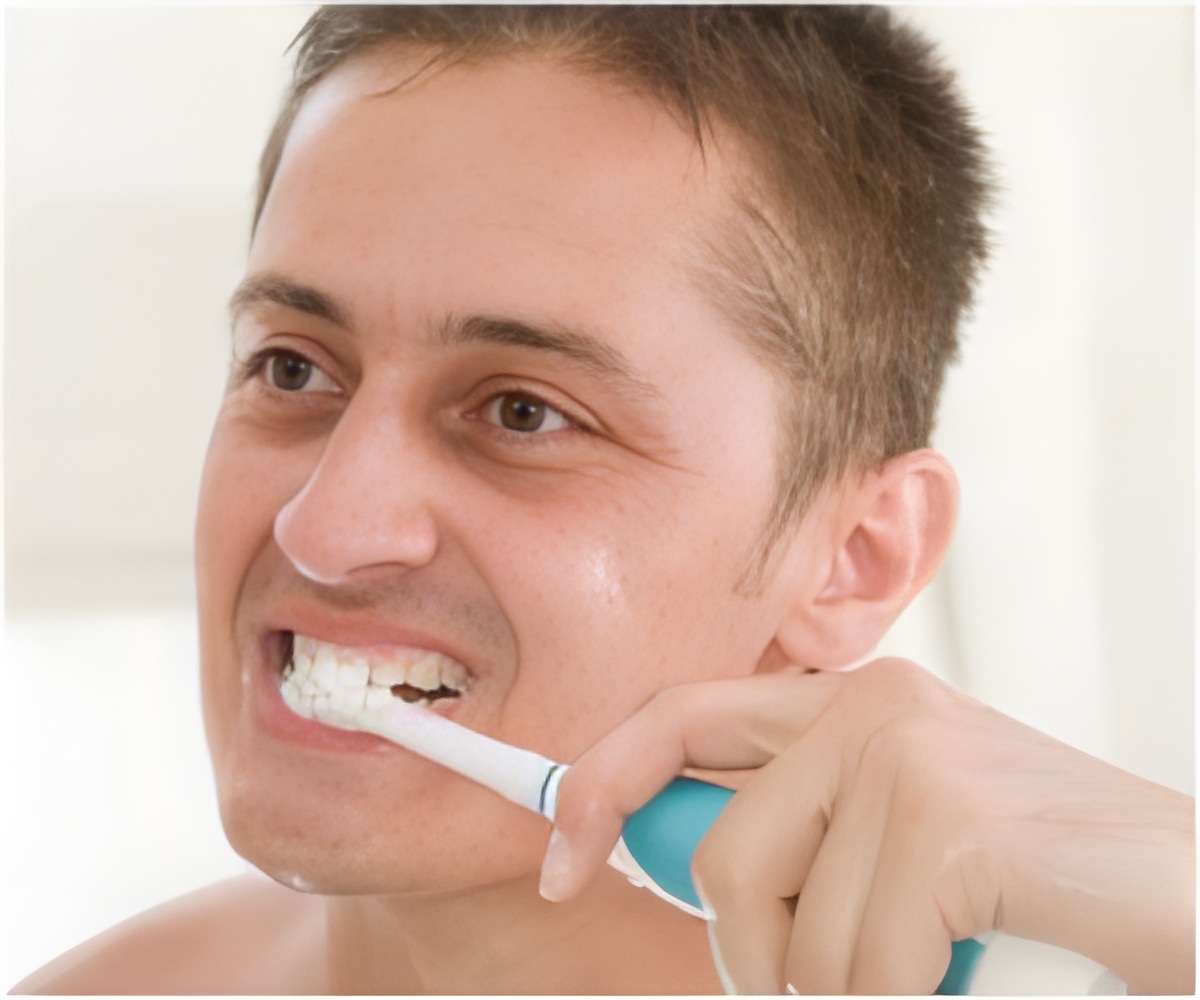Thorough tooth brushing is recognised as the foundation of good oral health regimes, yet a new study reveals a disturbing trend of poor oral hygiene habits.

‘When it comes to maintaining a healthy mouth, there is no substitute for good tooth brushing practices. Yet it would appear from the survey that there is a lot more that we can all do to achieve this effectively.’





Thorough tooth brushing is recognised as the foundation of good oral health regimes, and an effective way to avoid tooth decay and gum disease. Yet a new study into the UK's tooth brushing habits released today (Wednesday 1st November 2017) reveals a disturbing trend of poor oral hygiene habits that are a major contributor to the UK's £3.4bn-plus annual bill for NHS dental treatments, and for private patients. Each week, more than 1 million patients in the UK use NHS dental services - many of them seeking treatment for dental disease, the consequences of which costs the NHS a huge £3.4bn a year. The study, commissioned by a consortium of dentists behind Brushlink - the first smartphone 'tooth brushing tracker' that works with any toothbrush and which launches today - found that half of UK adults (48%) admit that they 'orphan' at least a quarter of the teeth in their mouth by consistently missing them when they brush.
In another worrying flag for the UK's oral health, the study also found that six in ten (61%) adults have never been shown how to brush their teeth correctly by a dentist or hygienist. This fact could explain why a quarter (24%) of UK adults say that someone in their household has had dental treatment in the last two years for problems they think could have been prevented by better tooth brushing and oral hygiene.
Problems like those highlighted by the report were one of the reasons why award-winning dentist Dr Dev Patel invented Brushlink - a dental coaching device and app in 2015. The device is the first that can track and coach people on brushing frequency, duration and angles while making this data available to dentists if consented - and it works with any toothbrush, manual or electric.
Brushlink has also been built to provide a brushing score each time it is used. This is displayed along with 'in-brush' coaching tips and hints via a Bluetooth connection to a smartphone app; however, it also stores data for up to three months in case the user does not have a phone in the bathroom.
Advertisement
Professor Elizabeth Kay MBE, Foundation Dean Peninsula Dental School, Oral Health Topic Expert for NICE and a Brushlink Scientific Committee member, commented: "This survey has revealed some intriguing insights into our oral health regimes and patients' relationships with the dental health professionals who care for them. There is no substitute for good tooth brushing practices when it comes to maintaining a healthy mouth, yet it would appear from the survey that there is a lot more that we can all do to achieve this effectively.
Advertisement
Source-Eurekalert













